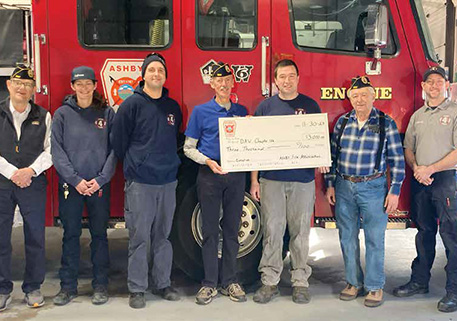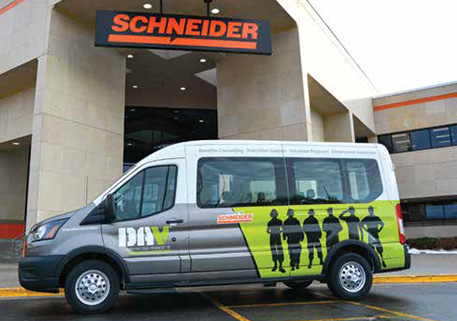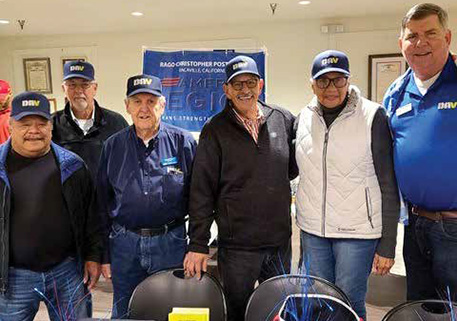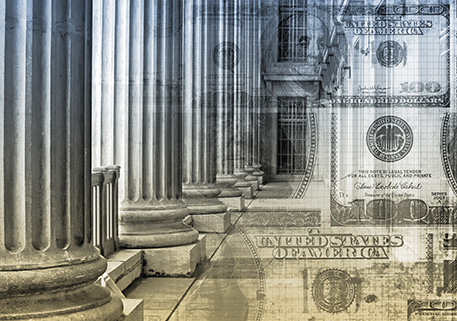DAV mobile office visits are underway in communities, colleges nationwide
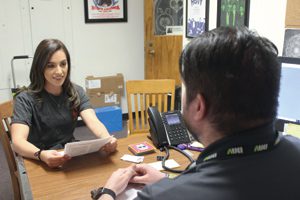
Since 2001, DAV’s Mobile Service Office (MSO) program has traveled throughout the country to underserved small towns and rural communities to counsel, assist and educate veterans and their families on the benefits they are eligible for through their service.
And with more than a million veterans using education benefits through the Department of Veterans Affairs, finding veterans on college campuses is increasingly common. That’s why DAV has extended its reach of MSOs over the past few years to also cover a number of colleges and universities. In 2017, MSOs visited 665 sites—including 37 college campuses—facilitating 6,335 interviews with veterans, their families and survivors that resulted in 3,507 claims for benefits. In total, the fleet covered 56,318 miles.
Navy veteran and benefits advocate Raymond Countryman traveled from his office at the VA regional office in Los Angeles to four stops throughout California in March aboard a DAV mobile office. His first destination was Long Beach City College to assist student veterans.
“The MSO enables veterans to come see us and get assistance when they normally might not be able,” explained Countryman. “Some people prefer the face-to-face interactions, and the MSO provides that throughout California and across the country.”
The Afghanistan veteran welcomes the opportunity to bring DAV services to college campuses.
“Too often, student veterans don’t know about their benefits beyond the GI Bill—if they even know about that,” said Countryman. “They may not know about Vocational Rehabilitation and Employment, for example, which I have personally benefited from.”
Marine Corps veteran Aaron McCrae, one of the students Countryman met with on campus, said he was grateful for the assistance.
“Sometimes you might put [claims assistance] off because it takes time. That’s what I did, because I got out and got a job. But now I’m back to school and refocused on taking care of myself,” said McCrae, a communications major. “I learned about my benefits, and now, I can take advantage of them.”
“Some of us need help after getting out—our service could be impacting our life,” added Army veteran and computer science major Adam Chavez. “VA benefits could help, but student veterans might not be aware of them or seek it out.”
Dietetics major and Army Reserve veteran Betty Gonzalez also talked to Countryman about benefits.
“Raymond printed out the paperwork I needed so I can get the benefits I earned,” said Gonzalez, who encourages other student veterans to seek out assistance for help with claims. “I think the most important thing is to not be afraid to ask questions. I’ve noticed from my personal experience that there were so many things I was initially misinformed about after getting out [of the military]. Don’t be afraid to ask questions—as many as you can.”
“Our goal is to reach veterans of all generations, but it’s particularly gratifying to help students, knowing the impact we can have in their lives at a time when they are striving to reach their full potential,” said National Service Director Jim Marszalek. “The sooner we’re able to reach a veteran after their service has ended, the more of an impact we can have on their and their family’s quality of life.”
Learn more
The DAV MSO fleet continues to travel cross-country this summer making hundreds of stops, including several college campuses. The full schedule is here.

